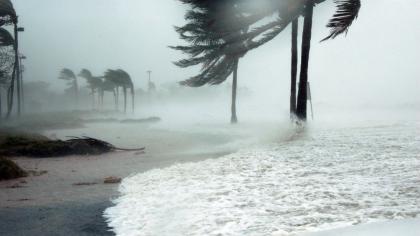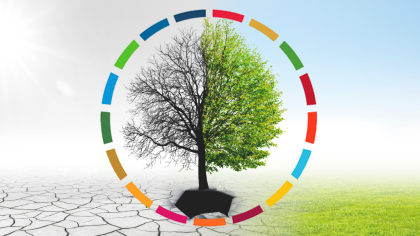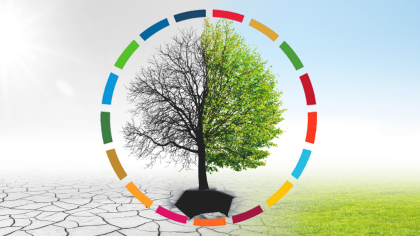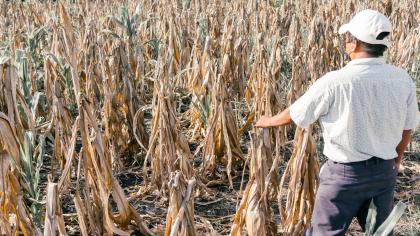
Description
Every person, in every country in every continent will be impacted in some shape or form by climate change. There is a climate cataclysm looming, and we are underprepared for what this could mean.
Climate change is caused by human activities and threatens life on earth as we know it. With rising greenhouse gas emissions, climate change is occurring at rates much faster than anticipated. Its impacts can be devastating and include extreme and changing weather patterns and rising sea levels.
If left unchecked, climate change will undo a lot of the development progress made over the past years. It will also provoke mass migrations that will lead to instability and wars.
To limit global warming to 1.5°C above pre- industrial levels, emissions must already be decreasing and need to be cut by almost half by 2030, just seven years away. But, we are drastically off track from this target.
Agencies, Funds and Programmes
Regional indicators
Activities
News
Publications
Information Tools
-
Resource TypeTraining material
-
-




























